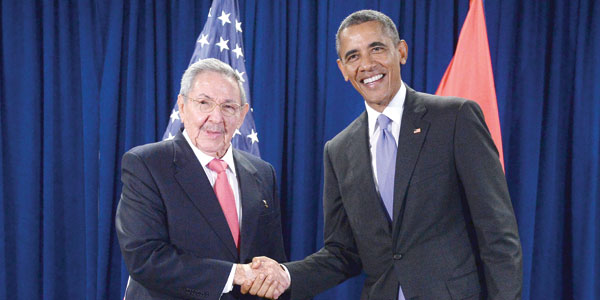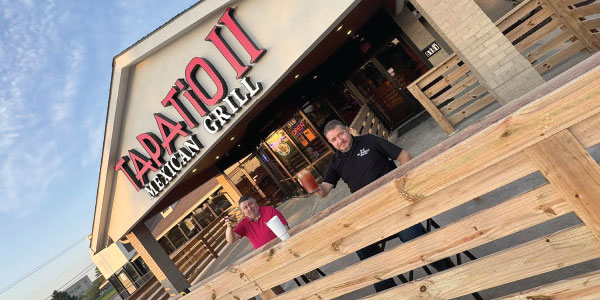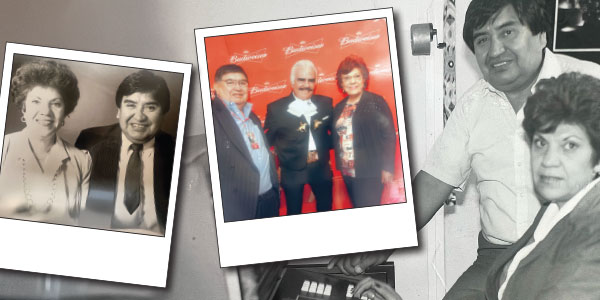
Los mejores amigos de la dictadura cubana son, en este momento, el papa Francisco y el presidente de Estados Unidos, Barack Obama. Ambos líderes han decidido, por distintas razones, cooperar y aliarse con el régimen que por más de medio siglo ha reprimido y censurado a millones de cubanos.
Cuba, que tiene como política de estado la constante violación a los derechos humanos, está del lado equivocado de la historia. Y el Papa y Obama decidieron pararse al lado del dictador Raúl Castro. Quizás Obama y el Papa son mucho más listos que nosotros y lo hacen con el objetivo de democratizar y humanizar la isla a través de más contactos. Pero si ese es el objetivo, se lo tienen muy calladito.
El presidente Obama tiene planeado viajar a Cuba a finales de marzo. Será su momento tipo Nixon. El ex presidente Richard Nixon — con la invaluable ayuda de su ajedrecista planetario Henry Kissinger — viajó a China en 1972 y abrió al gigante asiático al resto del mundo. Con ese gesto Nixon no convirtió a China en una democracia, de la misma manera en que el viaje de Obama tampoco impondrá en la isla la libertad de prensa, elecciones multipartidistas y la liberación de los presos políticos. Pero, sin duda, la estrategia a largo plazo tiene que ser mucho más ambiciosa que abrir dos embajadas.
Espero, de verdad, entrevistar a Obama dentro de unos años y que me diga que su plan secreto siempre fue la democratización de Cuba y que, a pesar de las duras críticas del momento, tuvo razón con su política de apertura. No hay nada más triste que ver a un dictador morir en su cama y no en la cárcel (como ocurrió con Augusto Pinochet en Chile y Francisco Franco en España).
En cuanto al papa Francisco, el pontífice ha sido una verdadera desilusión para los que quieren un cambio en Cuba. Ha ido dos veces a la isla y las dos veces ha tratado a Raúl y a Fidel como si fueran dos legítimos gobernantes (y no los despiadados matones y tiranos que son). Que frustrante es oír que el Papa le llama presidente a un dictador.
Durante su visita el pasado septiembre, fue vergonzoso ver cómo arrestaron frente a sus ojos a un disidente cubano que se quiso acercar y el papa Francisco no hizo absolutamente nada por protegerlo. El joven terminó en el piso sometido por los “segurosos”(miembros de la seguridad del estado vestidos de civil). El Papa en Cuba rehusó reunirse con disidentes — como las Damas de Blanco — y con periodistas independientes — como Yoani Sánchez.
El Papa que tan fuerte habló en Estados Unidos — contra el maltrato a los inmigrantes y los abusos del sistema capitalista — no se atreve a hacer la misma crítica social en América Latina. Me parece incomprensible que en su reciente visita a México el Papa no tuvo tiempo para reunirse con las víctimas de sacerdotes pederastas ni con los familiares de los 43 jóvenes desaparecidos de Ayotzinapa. En cambio, sí se reunió con gobernadores de estados donde matan periodistas — como en Veracruz — y donde se toleran los feminicidios — como en el estado de México.
El Papa conoce perfectamente el drama de los desaparecidos durante la dictadura militar en Argentina. Lo sufrió en carne propia. Entonces ¿por qué dio todo tipo de excusas para medio explicar que él no haría lo moralmente correcto en México? ¿Y la solidaridad?
Regresando al tema de Cuba, el Papa y el presidente Obama pueden hacer muchísimo para promover una transición democrática en la isla. Pero, sus imágenes dándole la mano al dictador en turno son un duro golpe para los que se han pasado la vida luchando para vivir sin miedo.
Me encantaría ir a Cuba durante el próximo viaje de Obama. Pero el gobierno cubano me ha prohibido la entrada desde 1998, cuando fue el papa Juan Pablo II. No les gustó que en ese entonces entrevistara a disidentes y a periodistas independientes.
Si es cierto que Cuba se está abriendo al mundo, lo primero que podría hacer el régimen cubano es quitar las restricciones sobre corresponsales extranjeros y no tratar de imponer su agenda en la prensa mundial. Quisiera ver cómo ha cambiado Cuba y si sus autoridades son ahora más tolerantes. Pero me temo que, otra vez, tendré que ver lo que pasa en Cuba por televisión y por el internet.
¿Cuba libre? En cualquier bar del mundo se sabe que eso es una mentirita.
_____________________________________________________________________________________________________________
A free Cuba
By Jorge Ramos
Pope Francis and President Obama are the best friends that Cuba could hope for. Both leaders have resolved to ally with the Castro regime, despite its decadeslong record of repression, censorship and human rights violations. The mystery is why.
Raul Castro, like his brother Fidel, is on the wrong side of history. But perhaps Obama and the pope are betting that by getting close to this regime, they can work to free the island from tyranny. If that’s their ultimate strategy, however, they aren’t saying.
Obama’s visit to Cuba next month could be his very own “Nixon moment.” In 1972, President Richard M. Nixon, with the crucial assistance of Henry Kissinger, embarked on his historic visit to China, which resulted in opening up the secretive Asian giant to the rest of the world. But just as Nixon’s trip didn’t transform China into a democracy, Obama’s visit to Cuba won’t bring about multiparty elections, the release of political prisoners or more press freedoms. But it could mark the beginning of a long-term strategy that goes far beyond the reopening of American embassies.
Obama is taking a lot of criticism for his Cuba strategy. Years from now, though, I hope I can interview Obama and have him admit that his goal all along in normalizing relations was to help bring real democracy to Cuba. Sooner rather than later, perhaps, the people of Cuba will force the Castro regime to face justice. Perhaps Cuba’s aging leaders will answer for their crimes before they’re gone. It’s a shame to see a dictator die in a comfortable bed rather than in a prison cell — as was the case with Chile’s Augusto Pinochet and Francisco Franco in Spain. We’ll have to wait and see.
Pope Francis’ overtures to the Castro regime have likewise disappointed people who yearn for change in Cuba. In his tenure as pontiff, Francis has visited the island twice, both times greeting the brothers Castro as legitimate rulers and ignoring their despotic past. As I mentioned last week, it was especially galling to watch the arrest of a Cuban activist who tried to speak to Francis as the Pope visited Cuba in September. As plainclothes security agents pushed the young man to the ground and dragged him away, Francis said nothing.
While he was in Cuba, the Pope also failed to meet with prominent dissident groups such as the Ladies in White. Nor did he speak with independent journalists like the popular blogger Yoani Sanchez. Rather than interact with those who dare raise their voices against oppression, Francis seemingly prefers to remain silent.
While he vigorously speaks out against immigration abuses and the excesses of capitalism in the U.S., he won’t make the same kind of criticisms in Cuba or Latin America. I find it incomprehensible that, in his visit to Mexico earlier this month, Francis didn’t meet the victims of pedophile priests, or the relatives of the 43 students missing college students from Ayotzinapa, presumably murdered by a drug gang. Instead, he preferred to meet with governors from states where journalists are murdered and where the killings of women are tolerated.
Both thePope and the President can do much to foster a democratic transition in Cuba. But the images of those leaders shaking hands with the island’s dictators du jour are hard to stomach. That’s especially true of the pope, who, as an Argentine, witnessed firsthand how heinous a military dictatorship can be.
I would love to be in Cuba when Obama visits, but the Cuban government has blocked me from entering the country since 1998, when I covered Pope John Paul II’s visit there. They apparently didn’t approve of my interviewing political dissidents and independent journalists. If Cuba is interested in opening up to the world, the Castro regime should immediately lift restrictions against foreign journalists and stop trying to impose its agenda on the global press.
I’ll watch Obama’s visit on television and the Internet, though I’d much rather be there in person to see whether Cuba has changed, whether its leaders are more tolerant and whether the nation is more free. Of course, as any bartender can tell you, Cuba Libre is an oxymoron. For now, anyway.










